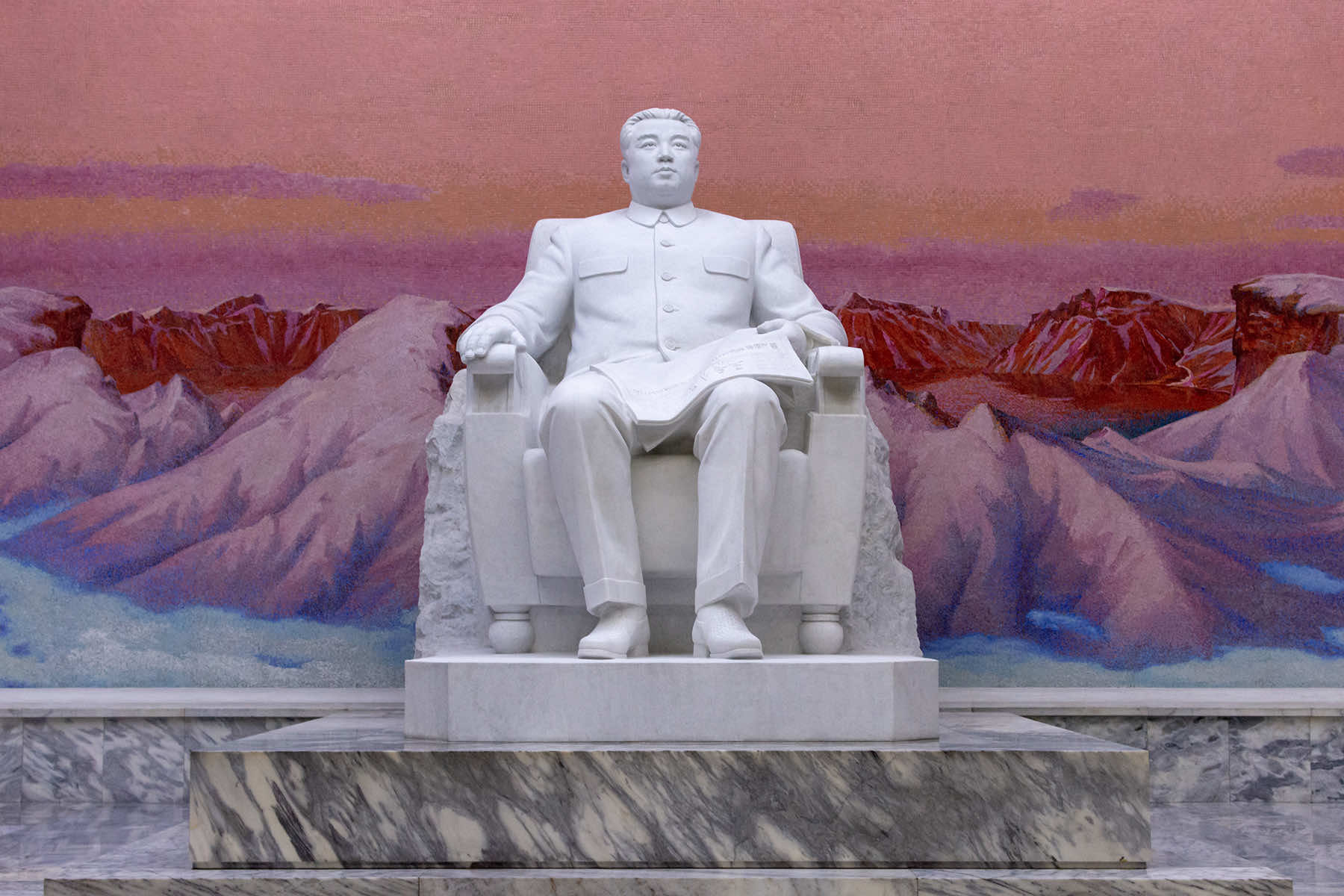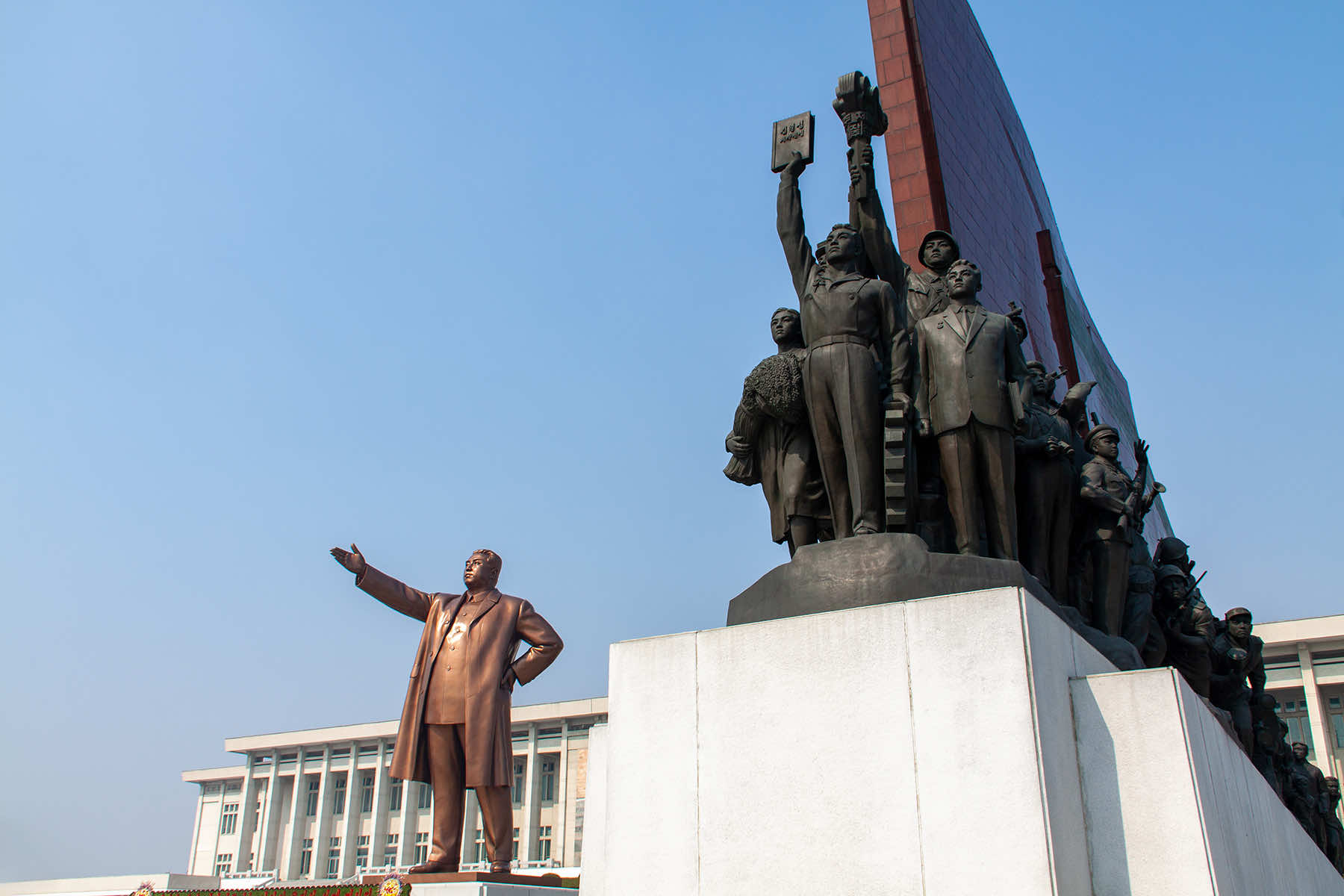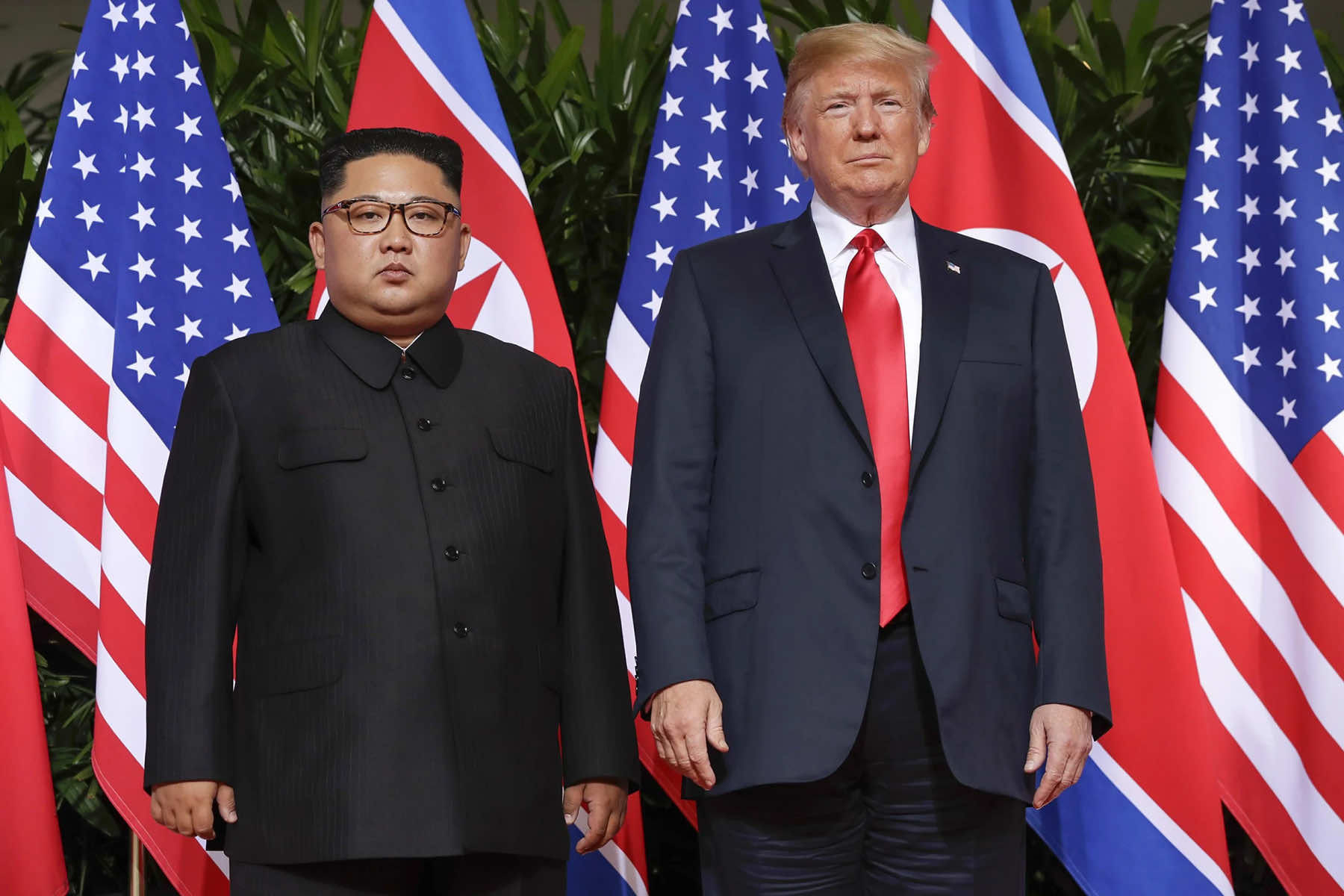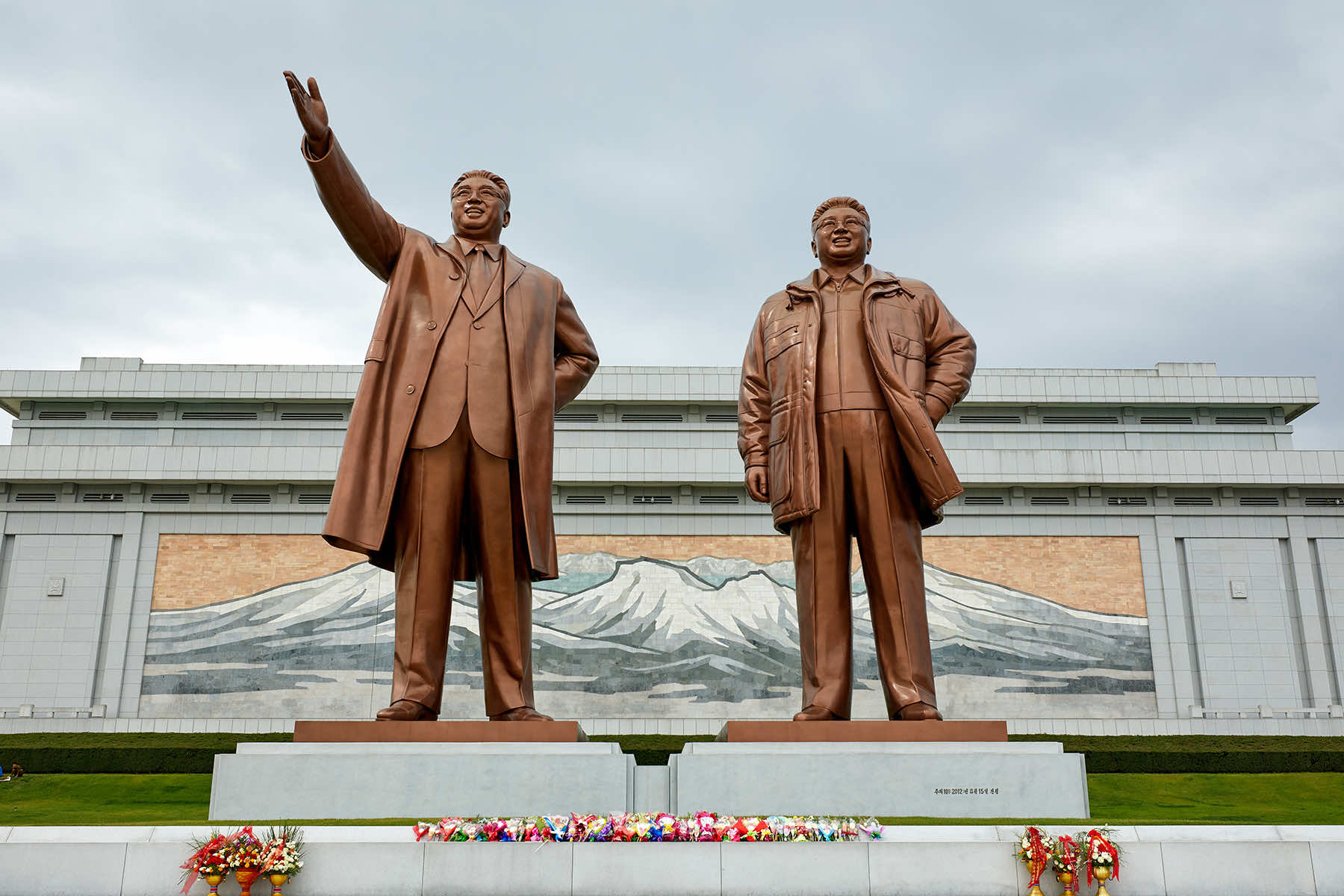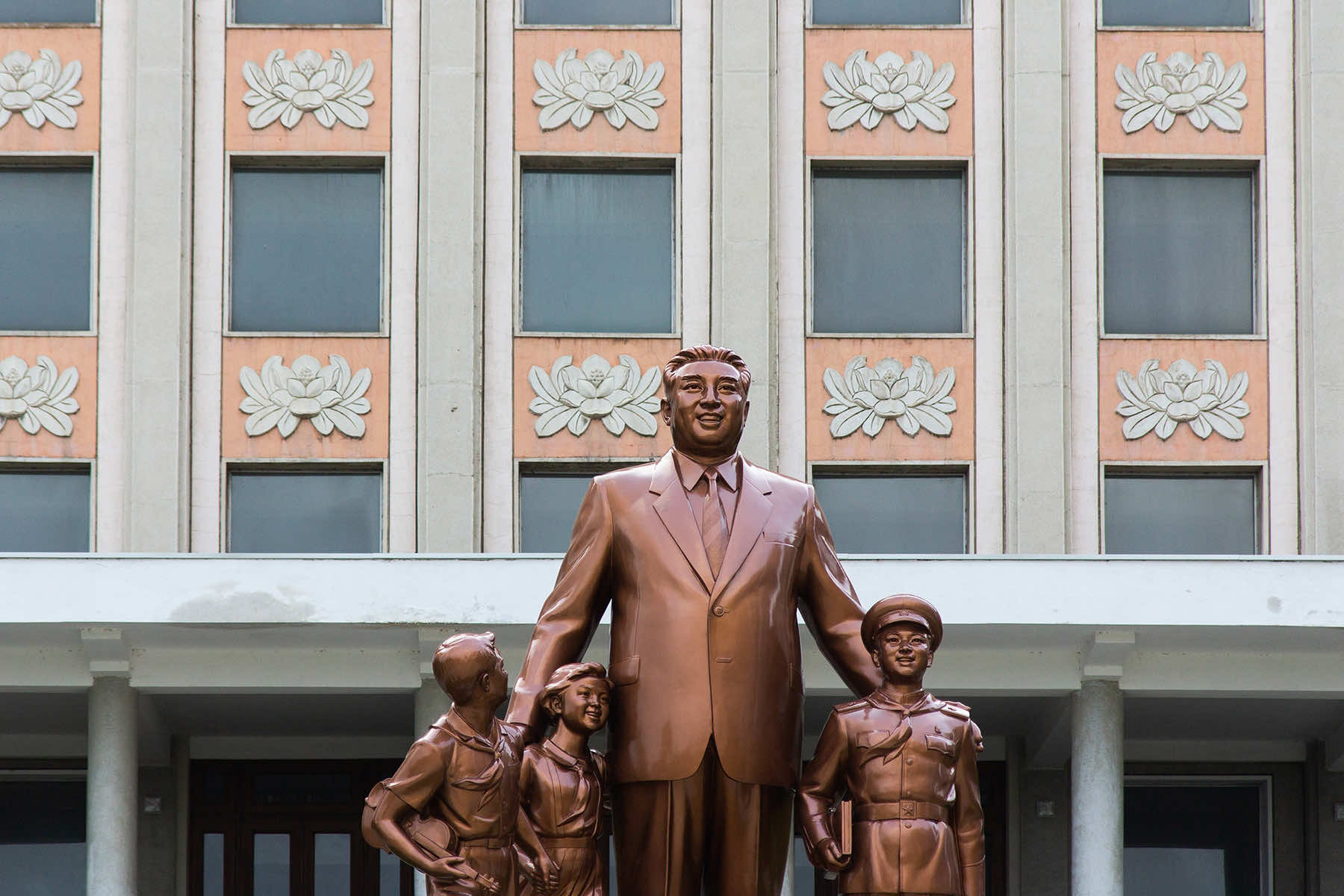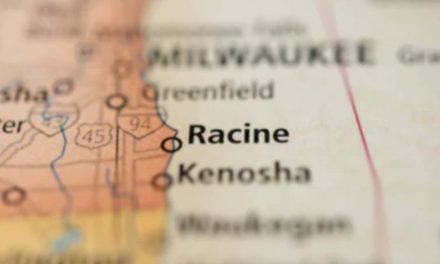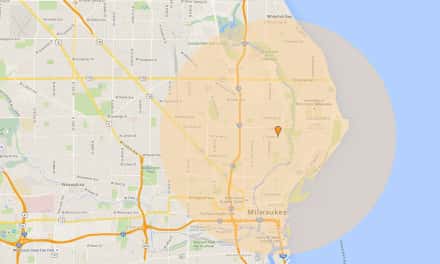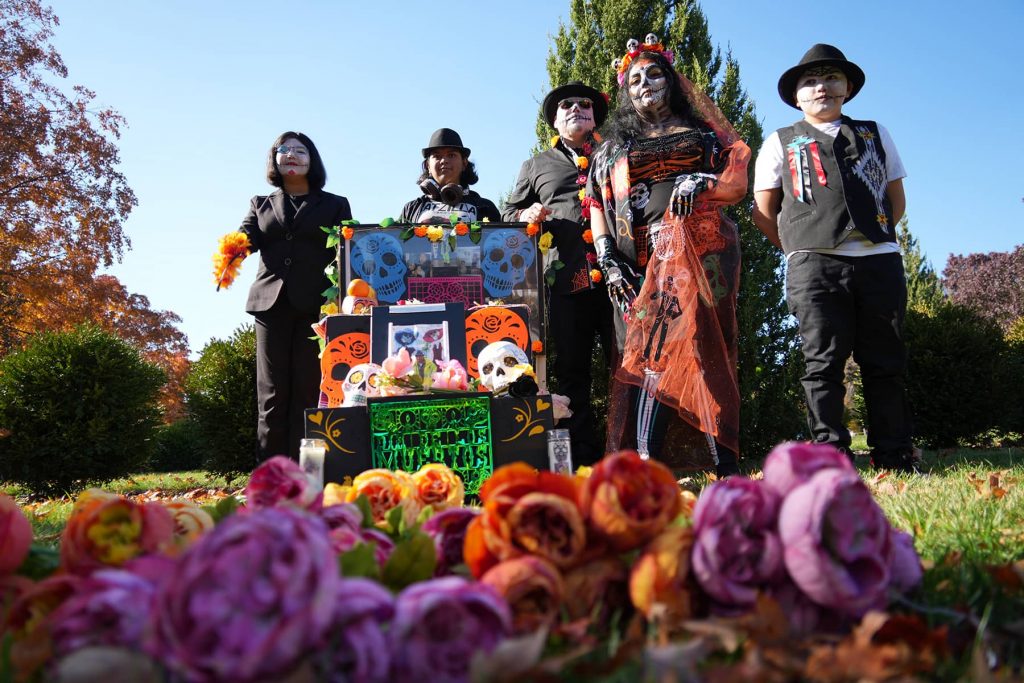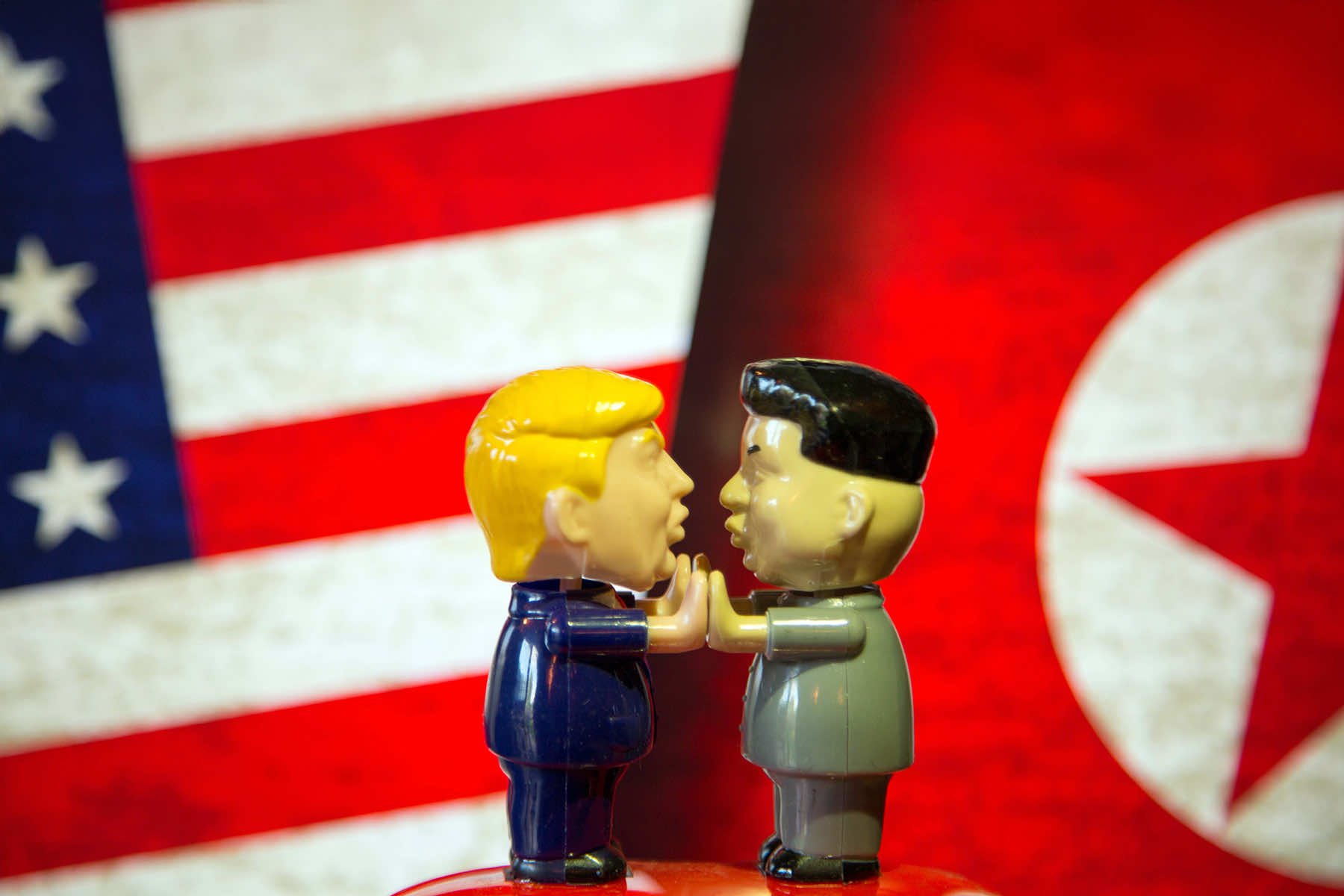
With his unpredictable political strategies, contentious policies, and efforts to centralize power, Donald Trump has been a highly polarizing figure in American politics.
His style and tactics have often led to comparisons with various autocratic leaders worldwide, from Russia’s Vladimir Putin to Hungary’s Viktor Orbán. However, among the more chilling comparisons is the parallel drawn to the Kim dynasty of North Korea, a tightly controlled regime where power and propaganda reinforce a near-absolute authority.
While the United States and North Korea are vastly different in structure, economy, and values, examining Trump’s approach through an autocratic lens raises concerns about the erosion of democratic norms and the potential emergence of a more authoritarian America that abandons its founding Constitution.
It has been widely acknowledged that Trump’s methods align with certain autocratic tendencies, such as those observed in the Kim dynasty. While the U.S. system provides checks and balances, there are some worst-case scenarios where Trump consolidates power in a way that challenges, if not outright threatens, the U.S. democratic structure. Understanding these possible trajectories for 2028 is crucial as America faces one of its most volatile political periods in its 248 year history.
PROPAGANDA AND CONTROL OF INFORMATION
The Kim dynasty is known for its iron grip on North Korea’s information flow. Media is entirely state-run, controlling narratives to shape public perception and loyalty. Trump’s attacks on media, particularly his “fake news” accusations and attempts to delegitimize critical journalism, bear a striking resemblance to the early tactics of many authoritarian leaders. By casting doubt on the credibility of mainstream media and promoting his own sources of information, Trump creates a loyal media ecosystem around him, where narratives are more favorable to his actions and agenda.
Trump’s establishment of platforms such as Truth Social and his support for alternative media outlets like OANN and Newsmax are steps in that direction. These platforms serve as echo chambers, reinforcing his worldview while discrediting dissenting voices. Should this trajectory continue unchecked, it could lead to a media landscape where large segments of the population are less informed, and critical journalism is labeled as unpatriotic or even treasonous—a foundational element in autocratic regimes.
By 2028, if Trump were to strengthen his influence over information, America could witness an increasingly polarized media, with widespread censorship through lawsuits, regulations, and potentially new laws targeting “disinformation.” Journalists could face even greater hostility, and news organizations might self-censor, fearing retaliation. The independent press, one of democracy’s core pillars, could be significantly weakened, mirroring the controlled media environments seen in autocratic states like North Korea.
LEGAL AND POLITICAL REPRESSION OF OPPONENTS
In North Korea, political dissent is virtually non-existent. Opposition is met with severe punishment, often in the form of imprisonment or execution, ensuring that the regime remains unchallenged. While Trump does not wield such direct power, his tendency to attack political opponents through legal channels raises concerns. His repeated calls to investigate or prosecute political adversaries echo tactics used in autocratic systems where leaders weaponize the judiciary to sideline opposition.
During his presidency, Trump promoted the idea to “lock up” political opponents, from Hillary Clinton to those he labeled as part of a supposed “deep state.” Even after leaving office, he continued to demand accountability from his opponents through legal channels. By undermining the judiciary and appointing loyal judges, Trump increased the risk of a politicized legal system that could intimidate or eliminate dissenting voices.
A returning Trump presidency would amplify those tendencies, using the Department of Justice and other legal mechanisms to target perceived enemies, whether they were political figures, journalists, or activists. Critics could face increased surveillance, legal intimidation, or baseless charges designed to discourage opposition. In a chilling turn, America could start to resemble nations where the judiciary serves as an extension of executive power rather than an independent check.
CULT OF PERSONALITY AND MILITARIZATION OF SOCIETY
One of the defining features of North Korea’s Kim dynasty is the personality cult surrounding the ruling family. Kim Jong Un is portrayed as a near-divine figure, with extensive use of images, songs, and slogans to foster an environment of reverence. Trump, too, cultivates a strong personality following, fueled by rallies, merchandise, and relentless social media presence. While not state-enforced, the loyalty encourages a fervent base that interprets criticism of Trump as attacks on the nation itself.
Additionally, Trump’s appeals to “law and order” and his support of militia movements in response to social unrest have led to fears of increased militarization. The January 6 Capitol revolt and failed coup attempt showcased how Trump’s rhetoric could incite violence and even an insurrectionary mindset among his supporters. That tendency to promote aggression under the guise of “patriotism” aligns disturbingly with the militaristic nature of North Korea, where citizens are expected to defend their leader and the regime at any cost.
Trump could further escalate this militarization, encouraging the formation of paramilitary groups loyal to him and expanding rhetoric around a “patriotic duty” to defend his administration. The scenario might not lead to a formal military dictatorship but could result in a society where private militias and vigilantes become commonplace, intimidating any who openly oppose Trump. The militarization of Trump’s base would serve to reinforce his power, making it more difficult for democratic institutions to assert their independence.
DYNASTIC AMBITIONS AND SUCCESSION PLANNING
The Kim dynasty has sustained its rule by establishing a clear line of succession, reinforcing the notion of “inherited leadership.” While Trump’s family members do not wield formal political power, his promotion of Ivanka Trump and Donald Trump Jr. as political figures suggests a dynastic ambition. The notion of a “Trump family legacy” has already taken root among his supporters, who see the family as representatives of a pure, unfiltered vision of American leadership.
In the 2020s, several Trump family members hinted at potential political futures. Ivanka, for example, was considered as a candidate for a Senate seat, while Donald Trump Jr. has cultivated a loyal following in right-wing circles. If Trump were to entrench his family in positions of power, it could signal the beginning of an American political dynasty where loyalty to the Trump name supersedes policy or ideology, similar to the Kim family’s hold on North Korea.
A Trump dynasty in American politics could lead to an erosion of the democratic electoral process, with loyalists pressuring political figures to align with Trump family members in key roles. Should his children take on significant political responsibilities, the U.S. could face a future where “Trump” becomes synonymous with executive power. That scenario would not amount to hereditary rule but would create an elite political family, gradually reducing democratic choice.
SUBVERSION OF DEMOCRATIC INSTITUTIONS AND CHECKS ON POWER
North Korea operates as a single-party state where checks on Kim’s authority are virtually non-existent. While the U.S. has a far more resilient structure, Trump’s disdain for institutional constraints on his power has raised alarms. His attempts to subvert the judiciary, Congress, and even parts of his own administration indicate a willingness to bypass or undermine democratic norms.
In particular, Trump’s challenges to election results and repeated accusations of voter fraud have led to a crisis of faith in the electoral system. If Trump or his allies undermine the democratic institutions further, it could deepen the rift in American society, paving the way for unilateral rule where election results are only respected if favorable.
By 2028, a worst-case scenario might see Trump returning to power under questionable circumstances for a third term, possibly with the help of loyalists in Congress and state legislatures. Election laws might be altered, diminishing transparency and weakening oversight. The principle of “peaceful transfer of power” could become endangered, leaving the U.S. with a weakened democratic foundation vulnerable to future autocrats.
The likelihood of America devolving into a North Korea-style dictatorship remains low, given the country’s institutions, values, and historical commitment to democracy. However, Trump’s autocratic tendencies and the fervent support he commands pose serious challenges. By discrediting the media, legalizing intimidation of opponents, fostering a personality cult, and aiming to establish a dynasty, Trump mirrors certain tactics that have sustained the Kim dynasty.
While the scenario may seem far-fetched, the erosion of democratic norms can occur gradually, one institution at a time. For American citizens, journalists, and political leaders, vigilance is essential to ensure that the nation’s democratic structures remain robust against any attempts to undermine them. An open and truthfully informed public is the bulwark that can prevent the United States from sliding toward authoritarianism, ensuring that “government by the people” remains more than just a phrase.
© Photo
Evan Vucci (AP), and Pegasus Pics, Mirko Kuzmanovic, Truba7113, Yuzu2020, BGStock72 (via Shutterstock)

